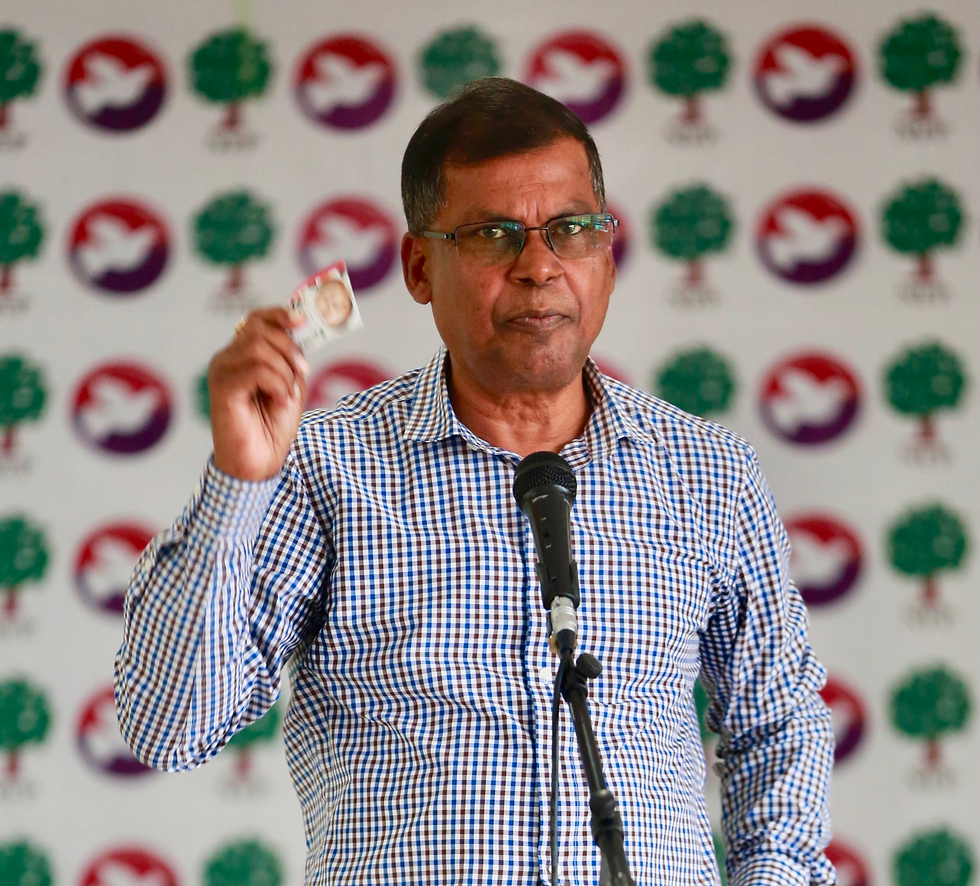30 October 2015: Media Release – A Bleak Diwali for cane growers
- National Federation Party - Fiji

- Oct 30, 2015
- 2 min read
The revelation of a final cane payment of 71 cents per tonne of cane for the 2014 harvesting and crushing season will have a very bad effect on the confidence of cane growers and all those dependent on the industry for their livelihood.
The NFP is incensed that the Registrar to the Sugar Industry Tribunal and other industry stakeholders and institutions (in which cane growers have no say whatsoever via various decrees and legislation of this government) deceived growers by not announcing the payment a week before it was due on Friday (30th October), as has been the normal practice.
It wasn’t until 4pm on Thursday 29th October that the amount of payment to be made to growers was revealed, and only after repeated attempts by the NFP for industry stakeholders to reveal the truth. The question that arises is – why the deliberate attempt to conceal the payout from the growers and people of Fiji?
The 71 cents payment brings the total payout for the 2014 season to $81 per tonne. This includes a top-up of $8 per tonne for the 4th cane payment in May.
In 2013 growers received $88.49 per tonne. If the top-up of $8 is not factored in, then the actual price of a tonne of cane for 2014 is $73.
The average cost of production, harvesting and delivery of cane is $45. Seventy percent of our growers produce an average of $150 tonnes of cane. This is around 9,000 growers.
They would have received as their final payment based on 71 cents per tonne a total of $106.50 and after deducting expenses for harvesting and fertilizer etc, left penniless.
The total earnings for 9000 average growers for the entire season excluding the harvesting, delivery and production costs is a meagre $5,400 paid over 16 months.
This is $10,600 below the tax threshold of $16,000. Growers are therefore in abject poverty ever since cane production declined by 50% from pre-coup levels in 2006 to between 1.6 million and 1.8 million tonnes under the Bainimarama administration for almost 9 years.
It will be a bleak Diwali for cane growers as their future is now surely enveloped in darkness under a Fiji First government, which is clueless as to how to revive the industry.
At the same time the Fiji First government continues to reject outright the calls made by the NFP to adopt a bi-partisan route to finding solutions – to ensure the livelihoods of around 200,000 people directly or indirectly dependent on the industry. Roko Tupou Draunidalo President





コメント